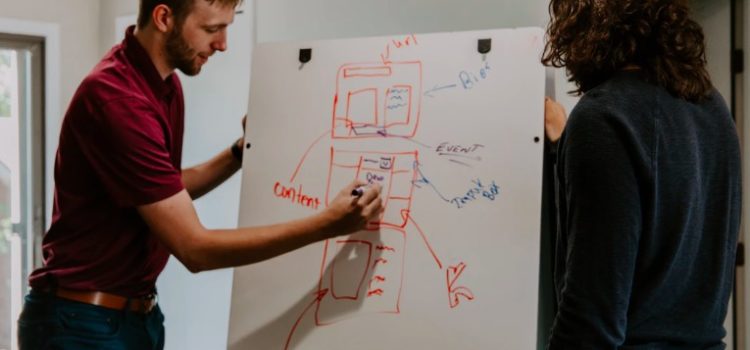Who is Jay Freireich? And what can this doctor and researcher teach us about making use of so-called disadvantages? Emil “Jay” Freireich is a doctor who pioneered chemotherapy as a treatment for childhood leukemia. However, he may never have persevered in the face of criticism and threats of being fired if he hadn’t had such a traumatic childhood. We’ll cover how trauma can be an advantage and what you can learn from Jay Freireich’s success.
The Greatest Lesson From Chemotherapy Pioneer Jay Freireich










